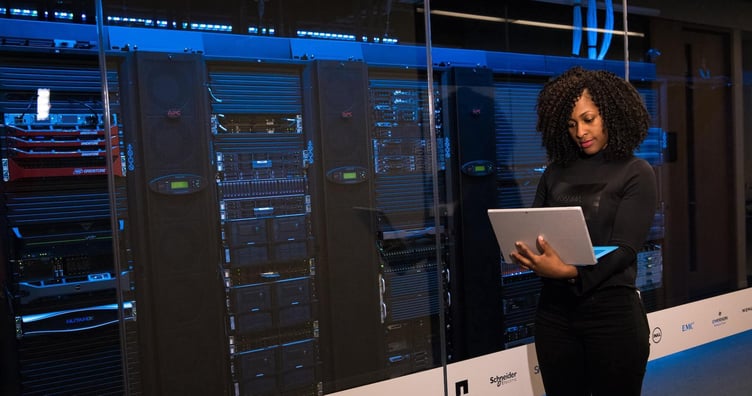
In an increasingly digital world, big data and analytics are transforming every industry, and travel is no exception. They are not only revolutionizing how businesses operate but are also providing consumers with personalized experiences like never before. Big data is an impressive resource that encompasses a vast array of information. When harnessed correctly, it empowers travel companies to make informed decisions, optimize operations, and elevate customer service.
Revolutionizing Business Decisions
Big data allows travel companies to collect, process, and analyze large amounts of information in real time. This data-driven approach provides valuable insights that help businesses optimize pricing strategies, anticipate market trends, and enhance their operational efficiency.
For instance, airlines use big data analytics to adjust flight prices dynamically. They consider factors such as demand, available seats, route popularity, and even time of booking to set prices that maximize their revenue while offering competitive rates to their customers. Similarly, hotels analyze data related to room occupancy, booking cancellations, and seasonal trends to make informed decisions about room pricing and promotions.
In essence, big data analytics enables the travel industry to forecast demand accurately, tailor offerings to meet consumer needs, and devise effective business strategies.
Personalizing Customer Experience
In addition to optimizing business operations, big data analytics significantly enhances the customer experience. This technology allows businesses to understand their customer's preferences and habits better and to offer personalized services accordingly.
For instance, an airline could analyze its passengers' in-flight meal preferences, travel history, and feedback to tailor in-flight services and make personalized recommendations for future trips. Similarly, hotels can utilize data regarding their guests' previous stays, including their preferred room type, in-room amenities, and even preferred check-in time, to personalize their stay experiences.
Personalization goes beyond the actual trip. It also extends to communication strategies. Businesses use data to send personalized marketing messages, including targeted offers and promotions, further enhancing the customer experience and fostering brand loyalty.
Give Customers Memories That Will Last a Lifetime with Travel Rewards
The Power of Loyalty Programs
An integral part of the travel industry, loyalty programs have evolved with big data analytics, transforming from traditional point-based systems to personalized customer engagement tools. They now provide recommendations based on individual customer preferences and spending patterns.
Airline and hotel loyalty programs collect a wealth of data, including member booking history, travel preferences, and even dining or shopping habits at partnered businesses. By analyzing this data, these programs can offer personalized travel recommendations, promotional deals, and reward offers that align with the individual tastes of their members.
A loyalty member who frequently books business class flights and stays at luxury hotels, for instance, could receive personalized recommendations for premium travel experiences and exclusive deals from high-end partner businesses. In contrast, a member who often travels for adventure might receive recommendations for adventure tour packages or gear rental discounts.
Such personalized recommendations not only enhance the customer experience but also increase engagement with the loyalty program and, consequently, the brand.
Big data and analytics are driving significant transformations in the travel industry. By enabling informed business decisions and personalization of services, they are creating a win-win situation: travel businesses can optimize their operations and enhance profitability, while customers enjoy services tailored to their unique preferences.
As technology continues to evolve, the application of big data and analytics through artificial intelligence in the travel industry will only become more sophisticated, opening up exciting possibilities for further revolutionizing the industry. For businesses, staying ahead of this curve will be critical to remaining competitive in the digital age. For travelers, this means the future holds even more personalized and convenient travel experiences.




